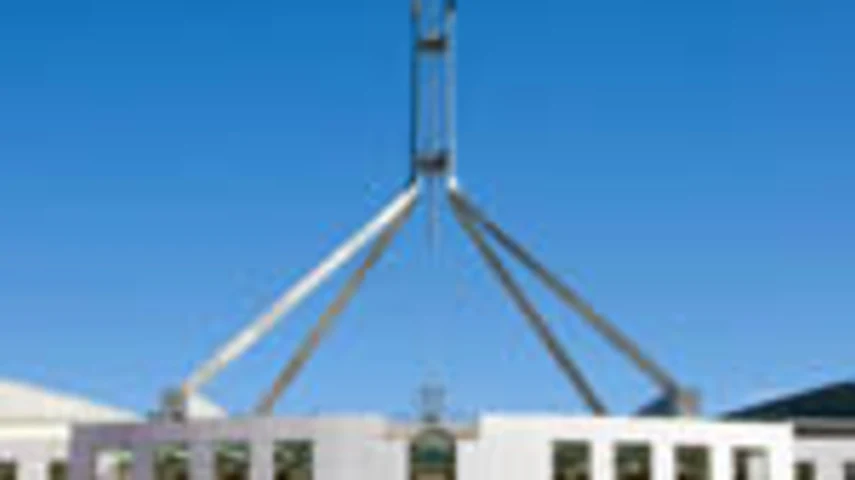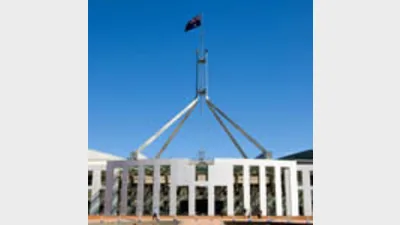Govt coffers filling with ECT breaches



The Federal Government has emerged the big winner from its approach to the superannuation excess contributions tax, according to Institute of Chartered Accountants in Australia (ICAA) superannuation specialist, Liz Westover.
Pointing to the latest data released by the Australian Taxation Office (ATO), Westover said excess contributions tax (ECT) liabilities for the 2007/08 and 2008/09 financial years were $394.4 million, while estimates provided to the Senate indicated the ATO expected to issue twice the number of assessments in 2009/10.
“With this kind of result, it appears likely that ECT will continue to be a significant revenue raiser for the Government,” Westover said.
Commenting on the ICAA website, Westover said most Australians who contributed too much to their superannuation fund while saving for their retirement, did so unintentionally.
“In times of budgetary constraints, it is easy to see why the Government is reluctant to make any significant changes to this tax,” she said. “However, it seems unreasonable to fund government expenditure by penalising those who make innocent mistakes,” Westover said.
Westover said when the ECT was introduced a few years ago, the Government had seemed to believe that cap breaches would decline as people became familiar with the laws.
“Clearly, this has not been the case, with inadvertent breaches continuing to take place,” she said. “These kinds of figures highlight the need for the Government to readdress the ECT issue.
“The longer we wait for an appropriate solution, the more Australians’ confidence in the superannuation system will be diminished,” Westover said.
Recommended for you
The winners have been announced for the 2025 Super Fund of the Year Awards, held in Melbourne on 26 November by Money Management's sister brand Super Review.
Data and technology provider Novigi has acquired Iress’ superannuation consulting and managed services business from Apex Group.
AMP is to launch a digital advice service to provide retirement advice to members of its AMP Super Fund, in partnership with Bravura Solutions.
Unveiling its performance for the calendar year 2024, AMP has noted a “careful” investment in bitcoin futures proved beneficial for its superannuation members.









